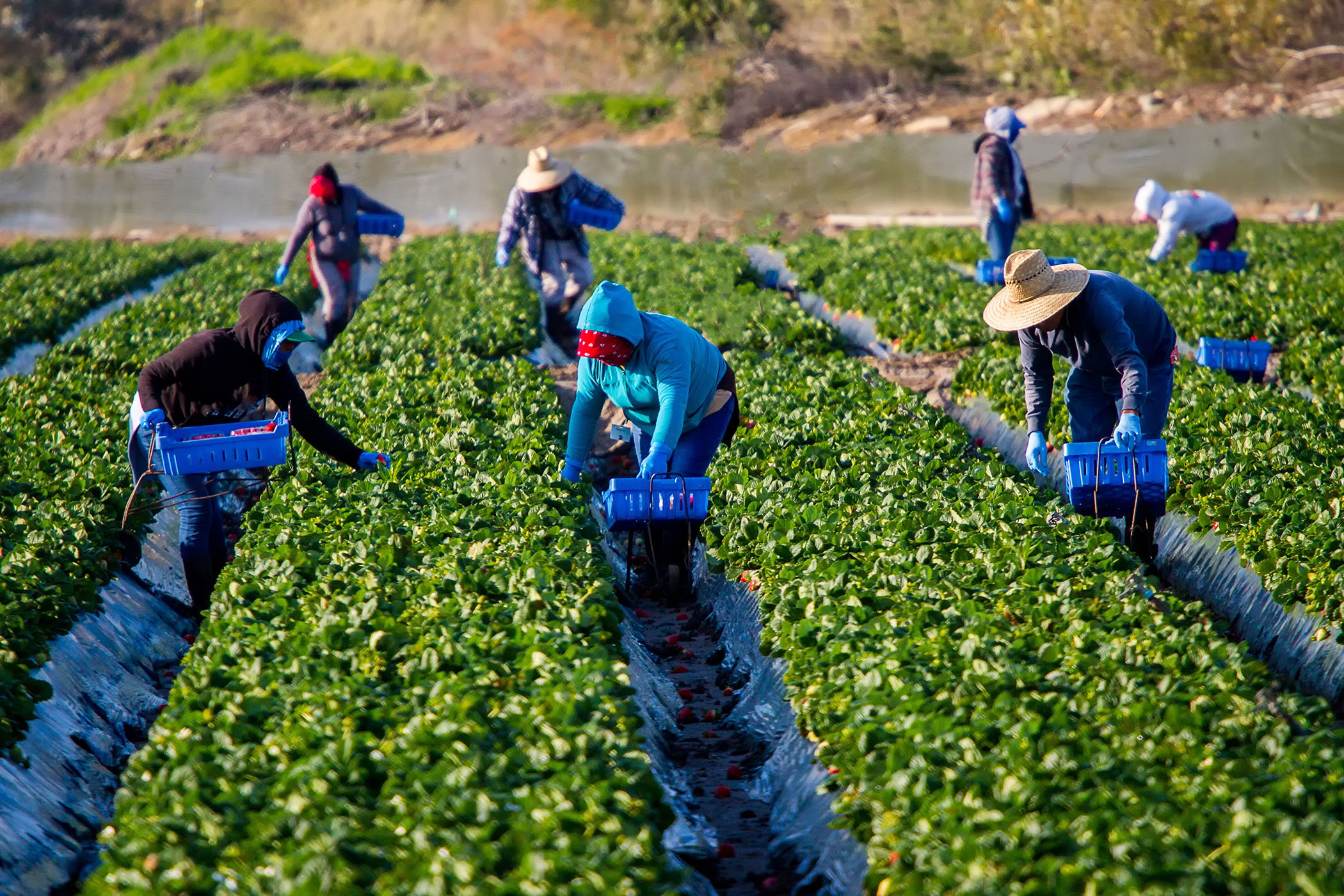Behind every bite of food that you consume are agricultural and food/beverage manufacturing workers around the world – more than five million of whom work under conditions of forced labor. A recent report evaluated food and beverage companies on forced labor in their supply chains and showed much room for improvement.
KnowTheChain’s 2023 Food & Beverage Benchmark evaluated the sector’s 60 largest companies on their efforts to address forced labor risks in their supply chains, implement outcomes that benefit impacted workers, and transparent reporting. Of note in the report:
- The average company score was 16/100, with only half of the companies scoring above 10/100.
- Almost 30 percent of companies disclosed no improvements between 2020 and 2023.
- Purchasing practices, incorporating worker voice, and implementing remedies were among the weakest performing areas.
- Recommendations include adopting a worker-centric approach to due diligence, addressing specific risks to migrant workers, and ensuring supply chain workers receive remediation for harm.
Of the benchmarked companies, Mercy Investment Services actively engages Walmart (scored 32/100), Amazon (31/100), Kroger (14/100) on human rights due diligence and their efforts to eliminate and prevent forced labor in their supply chains. Mercy also engages other assessed companies on related issues of social and environmental responsibility. The benchmark will continue to be a key tool in Mercy’s engagements on the issue.
